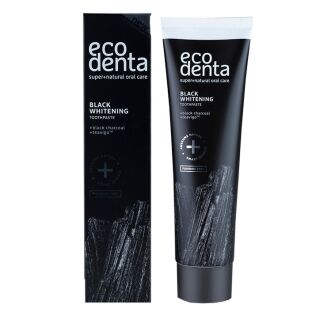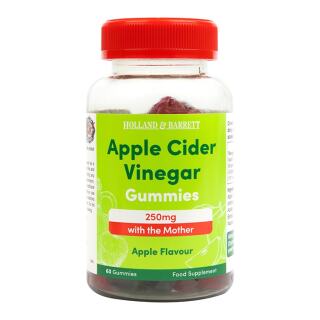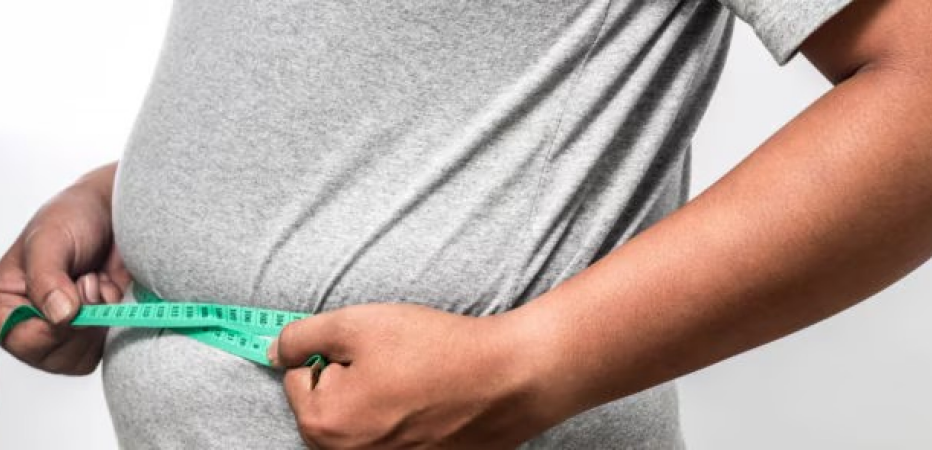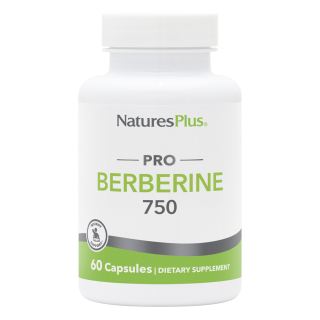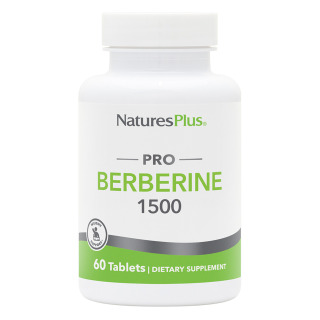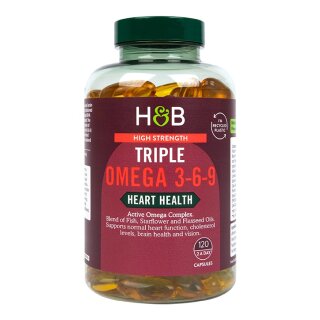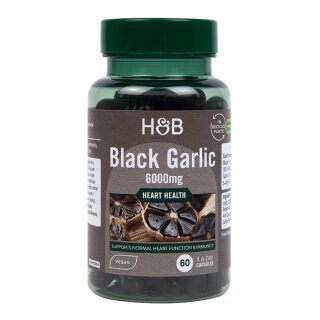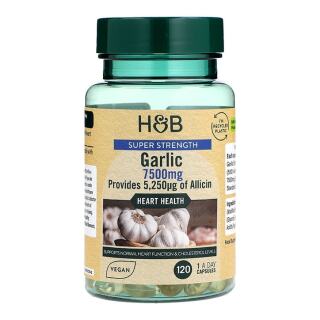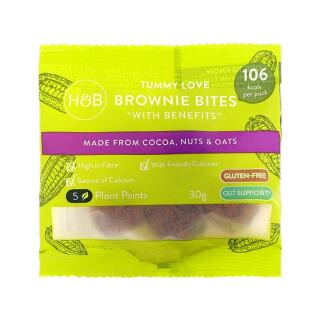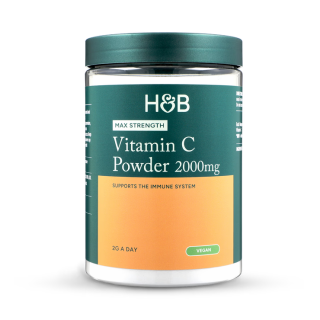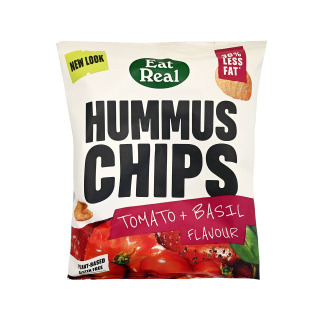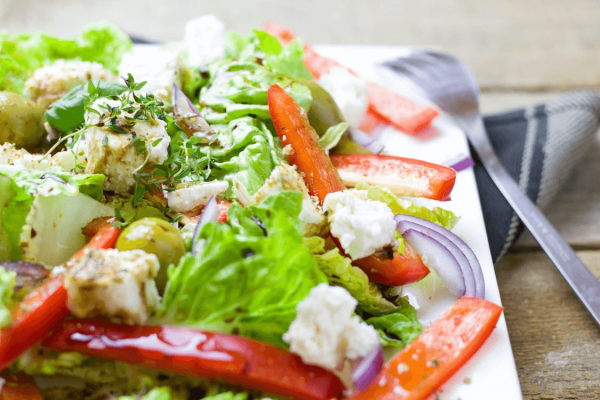If you're looking for the hottest name in weight control supplements, you've definitely heard of the word "berberine". If you're wondering if this is just another advertising gimmick or a truly effective tool in your weight management efforts, then this article is for you.
Berberine. What is it?
Berberine & Properties. What makes it so special?
Berberine & Weight Loss. What's the truth?
- Improves insulin sensitivity
- Decreases the rate of lipogenesis (production of new fat)
- Increases the burning of fatty acids
- Enhances glycolysis and energy production
- Contributed to a waist reduction of 1-2.7 cm
- It was associated with an average loss of 1.5-2.5 kg, mainly visceral fat.
- Improving insulin sensitivity and blood sugar levels
- Reducing appetite and cravings
Specifically:
- Fasting insulin
- total testosterone
- waist-to-hip ratio
- body mass index (BMI)
Berberine, bioavailability & Combination with Silymarin.
- Digestive disorders (bloating, diarrhea, constipation).
- Possible interactions with medications, mainly antidiabetic and anticoagulant drugs.
- Amini MR, Sheikhhossein F, Naghshi S, Djafari F, Askari M, Shahinfar H, Safabakhsh M, Jafari A, Shab-Bidar S. Effects of berberine and barberry on anthropometric measures: A systematic review and meta-analysis of randomized controlled trials. Complement Ther Med. 2020 Mar;49:102337. doi: 10.1016/j.ctim.2020.102337. Epub 2020 Feb 3. PMID: 32147051.
- Asbaghi O, Ghanbari N, Shekari M, Reiner Ž, Amirani E, Hallajzadeh J, Mirsafaei L, Asemi Z. The effect of berberine supplementation on obesity parameters, inflammation and liver function enzymes: A systematic review and meta-analysis of randomized controlled trials. Clin Nutr ESPEN. 2020 Aug;38:43-49. doi: 10.1016/j.clnesp.2020.04.010. Epub 2020 May 6. PMID: 32690176.
- Bellavite, P., Fazio, S., & Affuso, F. (2023). A descriptive review of the action mechanisms of berberine, quercetin and silymarin on Insulin Resistance/Hyperinsulinemia and cardiovascular prevention. Molecules, 28(11), 4491.
- Fatemeh Mohtashaminia, Mohammad Reza Amini, Fatemeh Sheikhhossein, Kurosh Djafarian, Sakineh Shab-Bidar,Effects berberine–silymarin on liver enzymes: A systematic review and meta-analysis of randomized controlled trials,Clinical Nutrition ESPEN,olume 49,2022,Pages 181-186,ISSN 2405-4577.
- Fogacci F, Grassi D, Rizzo M, Cicero AFG. Metabolic effect of berberine–silymarin association: A meta-analysis of randomized, double-blind, placebo-controlled clinical trials. Phytotherapy Research. 2019; 33: 862–870.
- García-Muñoz, A. M., Victoria-Montesinos, D., Ballester, P., Cerdá, B., & Zafrilla, P. (2024). A descriptive review of the antioxidant effects and mechanisms of action of berberine and silymarin. Molecules, 29(19), 4576.
- Ilyas Z, Perna S, Al-Thawadi S, Alalwan TA, Riva A, Petrangolini G, Gasparri C, Infantino V, Peroni G, Rondanelli M. The effect of Berberine on weight loss in order to prevent obesity: A systematic review. Biomed Pharmacother. 2020 Jul;127:110137. doi: 10.1016/j.biopha.2020.110137. Epub 2020 Apr 27. PMID: 32353823.
- Asbaghi, Niloofar Ghanbari, Mahdi shekari, Željko Reiner, Elaheh Amirani, Jamal Hallajzadeh, Liaosadat Mirsafaei, Zatollah Asemi, The effect of berberine supplementation on obesity parameters, inflammation and liver function enzymes: A systematic review and meta-analysis of randomized controlled trials,Clinical Nutrition ESPEN, Volume 38,2020,Pages 43-49,ISSN 2405-4577.
- Mohammad Reza Amini, Fatemeh Sheikhhossein, Sina Naghshi, Farhang Djafari, Mohammadreza Askari, Hossein Shahinfar, Maryam Safabakhsh, Alireza Jafari, Sakineh Shab-Bidar,Effects of berberine and barberry on anthropometric measures: A systematic review and meta-analysis of randomized controlled trials, Complementary Therapies in Medicine, Volume 49, 2020, 102337, ISSN 0965-2299.
- Pan Xiong, Li Niu, Sam Talaei, Hamed Kord-Varkaneh, Cain C.T. Clark, Mihnea-Alexandru Găman, Jamal Rahmani, Masoumeh Dorosti, Seyed Mohammad Mousavi, Meysam Zarezadeh, Hossein Taghizade-Bilondi, Jitao Zhang, The effect of berberine supplementation on obesity indices: A dose– response meta-analysis and systematic review of randomized controlled trials,Complementary Therapies in Clinical Practice, Volume 39, 2020, 101113, ISSN 1744-3881.
- Xiong P, Niu L, Talaei S, Kord-Varkaneh H, Clark CCT, Găman MA, Rahmani J, Dorosti M, Mousavi SM, Zarezadeh M, Taghizade-Bilondi H, Zhang J. The effect of berberine supplementation on obesity indices: A dose- response meta-analysis and systematic review of randomized controlled trials. Complement Ther Clin Pract. 2020 May;39:101113. doi: 10.1016/j.ctcp.2020.101113. Epub 2020 Feb 1. PMID: 32379652.
- Ye Y, Liu X, Wu N, Han Y, Wang J, Yu Y, Chen Q. Efficacy and Safety of Berberine Alone for Several Metabolic Disorders: A Systematic Review and Meta-Analysis of Randomized Clinical Trials. Front Pharmacol. 2021 Apr 26;12:653887. doi: 10.3389/fphar.2021.653887. PMID: 33981233; PMCID: PMC8107691.
- Zamani Mohammad , Zarei Mahtab , Nikbaf-Shandiz Mahlagha , Hosseini Shabnam , Shiraseb Farideh , Asbaghi Omid The effects of berberine supplementation on cardiovascular risk factors in adults: A systematic review and dose-response meta-analysis Frontiers in Nutrition Volume 9 – 2022.
- Zeynab Kavyani, Erfan shahhosseini, Amir Hossein Moridpour, Maryam Falahatzadeh, Mahdi Vajdi, Vali Musazadeh, Gholamreza Askari, The effect of berberine supplementation on lipid profile and obesity indices: An umbrella review of meta-analysis, PharmaNutrition,Volume 26, 2023, 100364, ISSN 2213-4344.
- Han Zhao, Chuan Xing, Jiaqi Zhang, Bing He Comparative efficacy of oral insulin sensitizers metformin, thiazolidinediones, inositol, and berberine in improving endocrine and metabolic profiles in women with PCOS: a network meta-analysis Reprod Health (2021 Aug 18).


